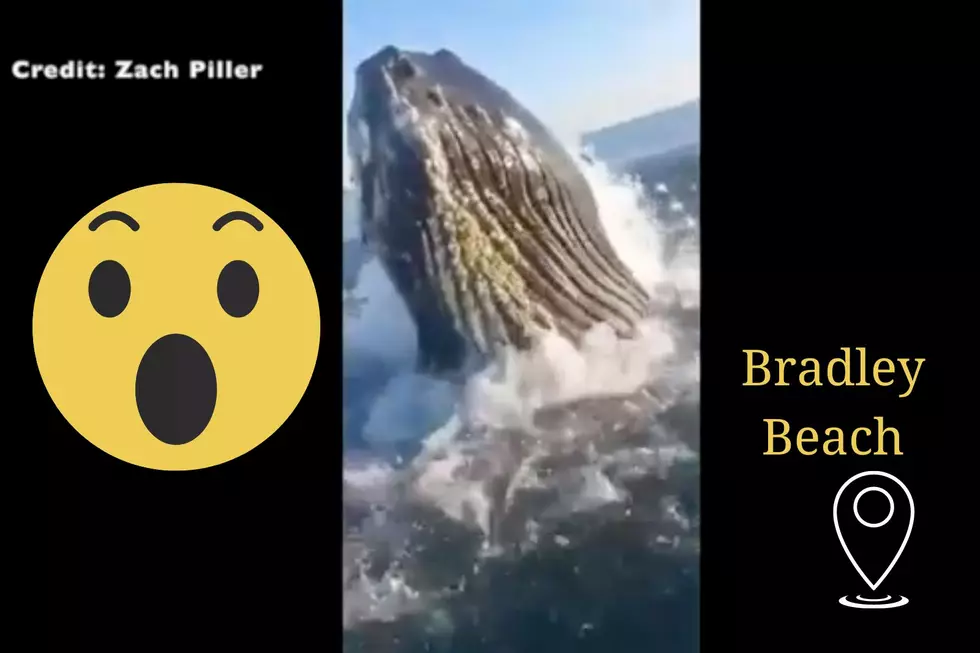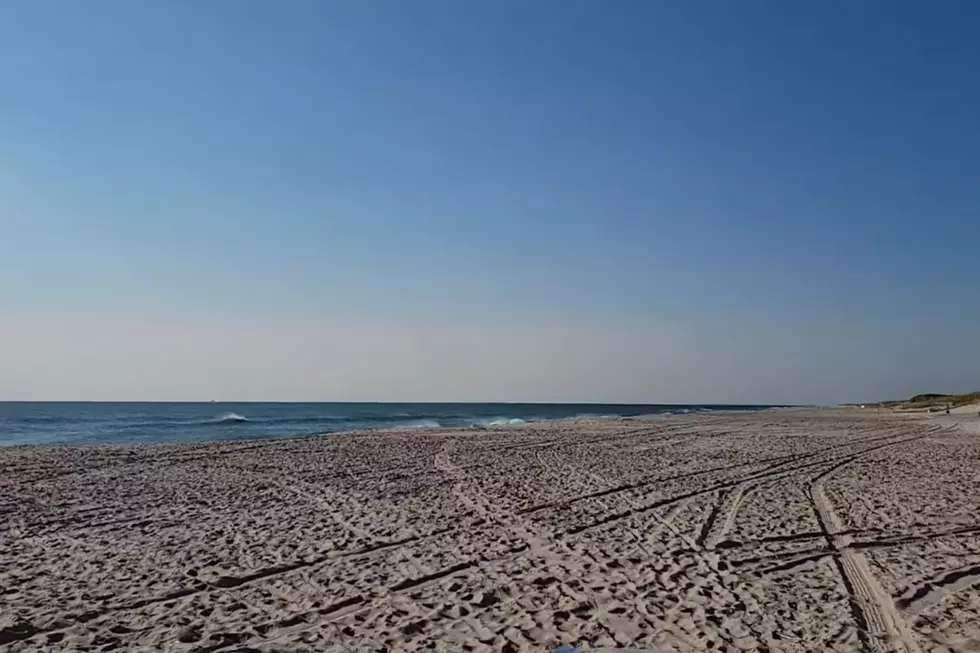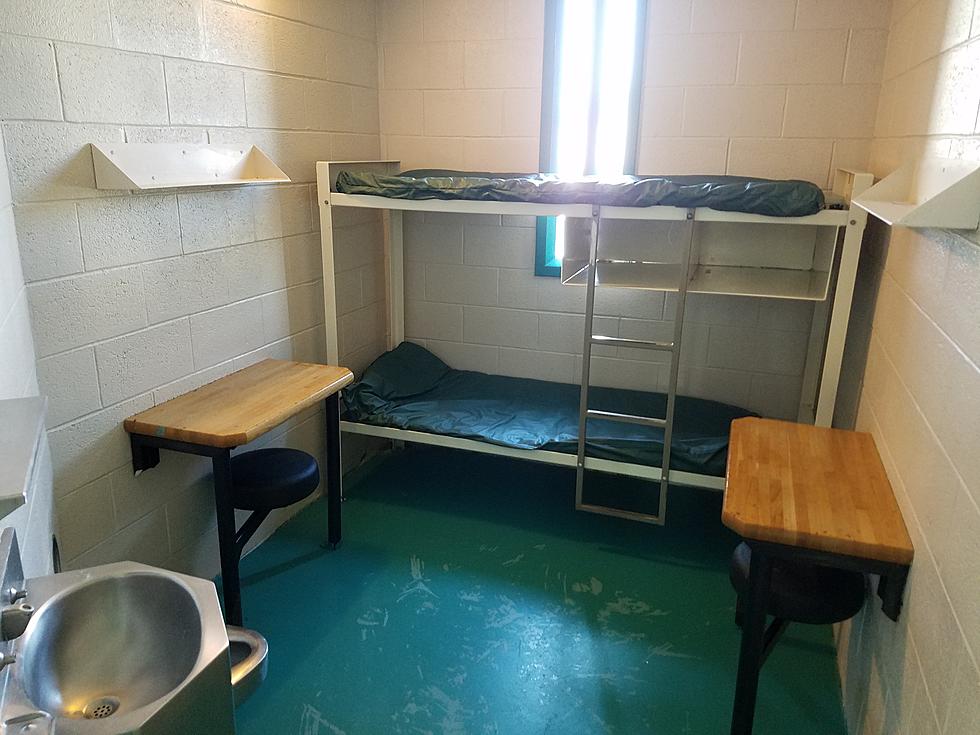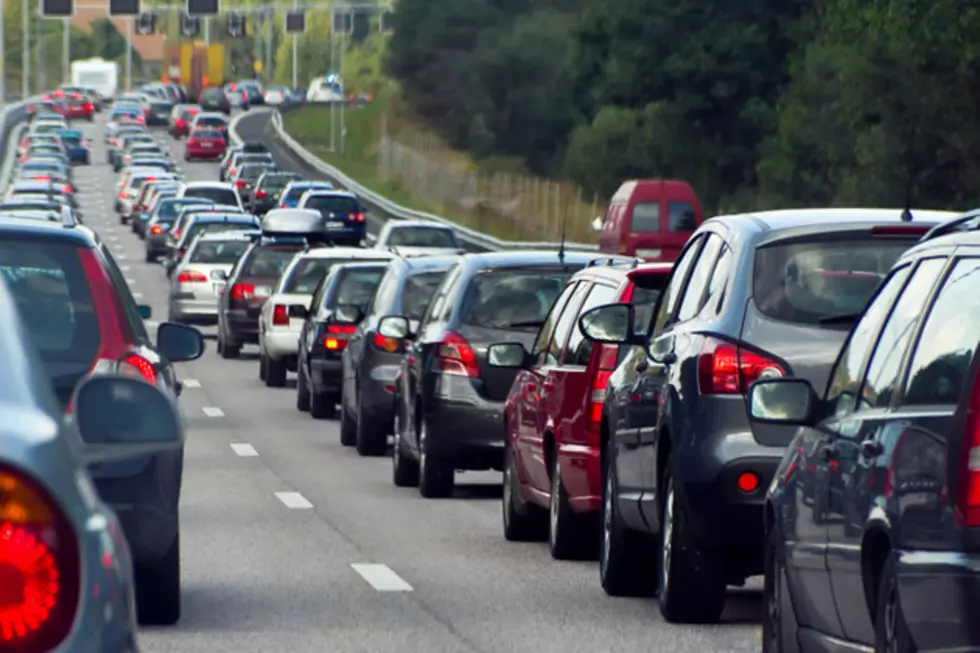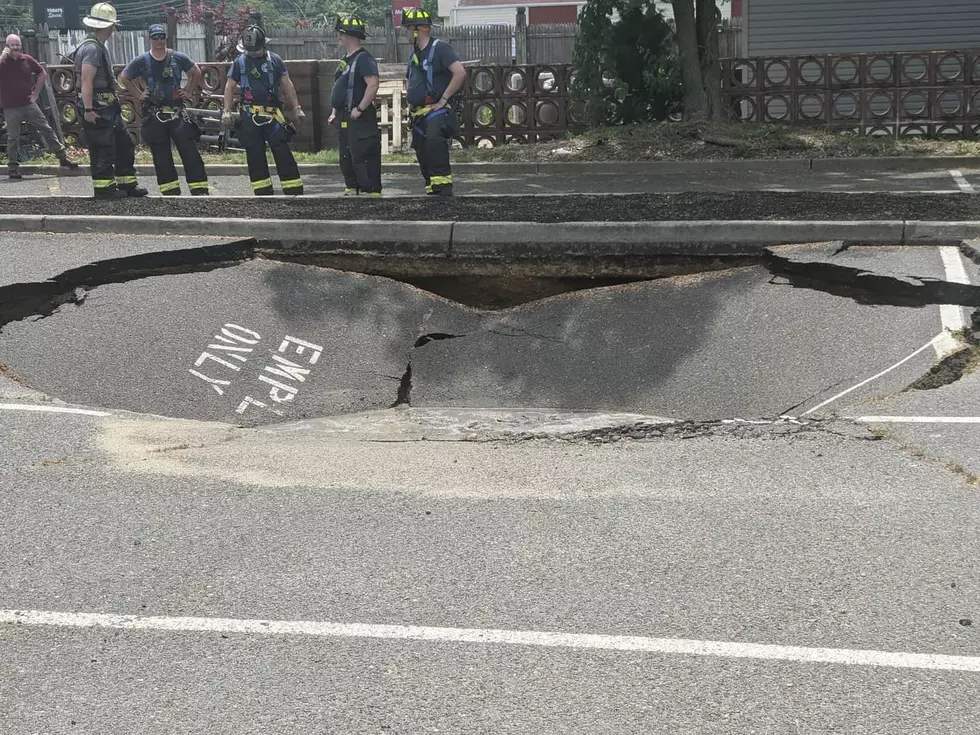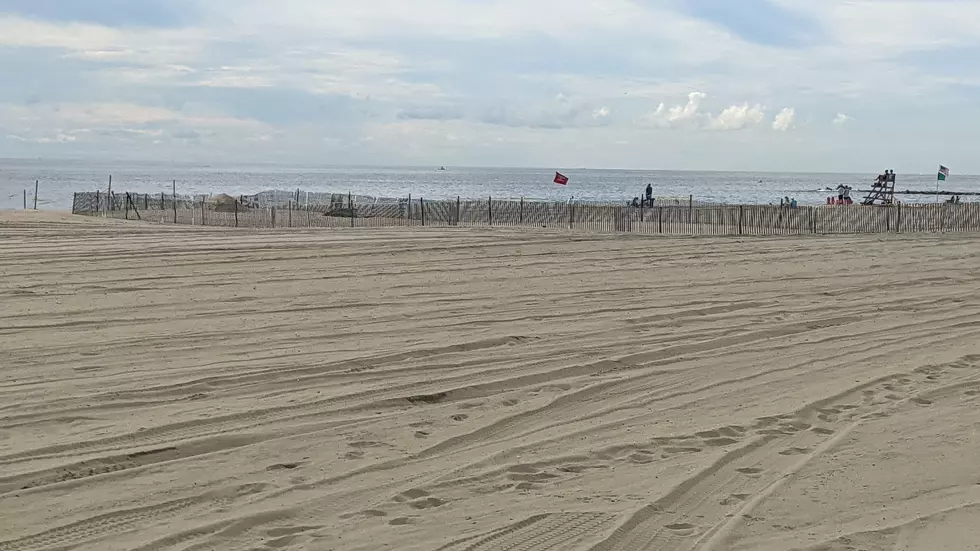
Bradley Beach, NJ beach closed due to safety hazards in sand
BRADLEY BEACH — Sinkholes caused by breaches in an outflow pipe prompted the closure of the beach at McCabe Avenue in this Jersey Shore borough on Thursday.
First described by the Bradley Beach Police Department as being "near the waterline at the Ocean Park Avenue beach" one block to the north, the updated location was given by Mayor Larry Fox as part of his newsletter posted Friday on the borough website.
Both Fox and the police department said the affected area had been fenced off and cautioned the public to avoid it for their own safety.

There has been no further update from borough officials since the newsletter was published late Friday morning.
Fox said "some" sinkholes were encountered due to a "few" breaches in the pipe, but did not say how many holes exactly.
The Army Corps of Engineers, state Department of Environmental Protection, and borough Office of Emergency Management and Public Works department are working to resolve the issue, according to the mayor.
In May, an 18-year-old Maine resident died when sand collapsed around him in Toms River, but an investigation determined that incident was brought on by the young man and his sister digging a hole 8 to 10 feet deep.
Still, the death prompted warnings from authorities to be vigilant on the sand.
Patrick Lavery is a reporter and anchor for New Jersey 101.5. You can reach him at patrick.lavery@townsquaremedia.com
Click here to contact an editor about feedback or a correction for this story.
LOOK: The most extreme temperatures in the history of every state
What would happen to NJ if we were attacked by nuclear weapons?
LOOK: What are the odds that these 50 totally random events will happen to you?
More From Beach Radio
